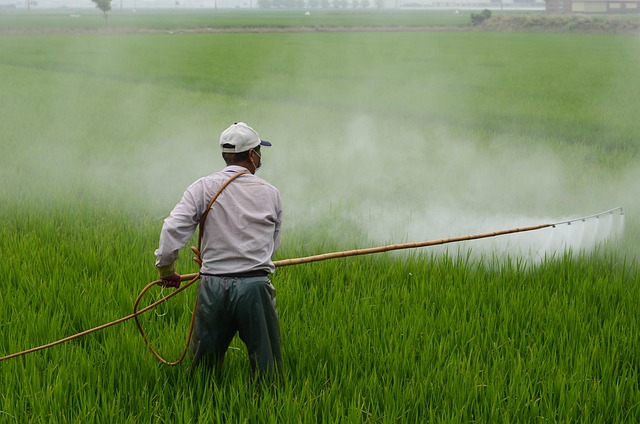As we strive to maintain a balance between agricultural productivity and environmental health, the role of herbicides becomes increasingly complex. In regions already battling the scourge of desertification, the use of these chemical agents raises critical questions about their long-term impact on fragile ecosystems, especially in the context of climate change. Herbicides, designed to eliminate unwanted plant species, can inadvertently contribute to the degradation of soil quality, disruption of local flora and fauna, and exacerbation of desertification processes.
Climate change heightens these concerns, as rising temperatures and altered precipitation patterns can render landscapes more susceptible to dry spells and reduced vegetation cover. When herbicides are introduced into such vulnerable environments, the consequences may ripple through ecosystems. Native plants, which have adapted over millennia to local conditions, often struggle to recover in the wake of chemical applications. This becomes particularly problematic in arid and semi-arid regions where biodiversity is already under threat.
The correlation between herbicide use and desertification can further complicate land management strategies. As herbicides kill not only the targeted plants but also disrupt the ecological balance, soil degradation can accelerate, leading to a vicious cycle of reduced vegetation and increased vulnerability to desertification. Sustainable agricultural practices that emphasize organic or integrated pest management methods present an opportunity to mitigate these risks. By reducing reliance on chemical herbicides, farmers can foster resilient ecosystems that support diverse plant and animal life, and thereby combat desertification.
Moreover, as we acknowledge the climate crisis, it is vital to consider the cumulative impact of our agricultural practices on the environment. Herbicides, while effective at controlling weeds, must be re-evaluated through a lens of sustainability. The long-term implications for soil health, biodiversity, and carbon sequestration are too significant to overlook. In a world experiencing the harsh realities of climate change, the urgent need for sustainable alternatives to herbicides becomes paramount. It is an ethical responsibility we hold not only for ourselves but for future generations. Protecting and restoring our ecosystems is integral to ensuring a healthy planet, free from the continuing threat of desertification.
In progressing towards more responsible land stewardship, fostering dialogue between scientists, policymakers, and local communities is essential. Engaging these stakeholders can lead to innovative practices that align agricultural productivity with ecological preservation. Ultimately, the challenge lies in finding a balance that serves both human needs and environmental integrity, thus securing the health of our planet as we face the growing threats posed by climate change and desertification.



